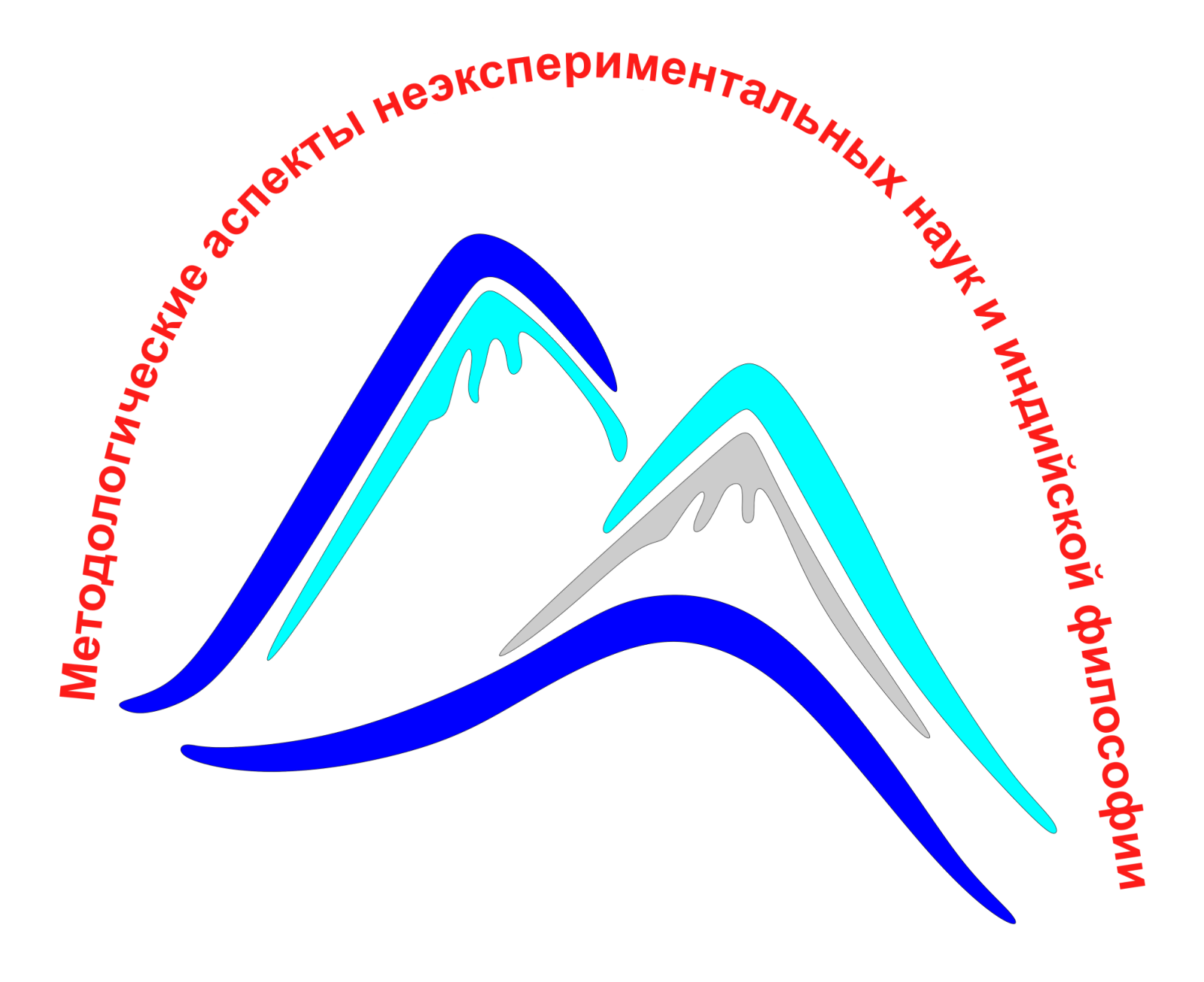What is the mutual difference between the elements of many scientific disciplines, as well as philosophical directions (in the absence of even a unity of views on the subject, is philosophy a kind of science or a family of sciences and is it desirable for it to be or become a science)? There is still a naturalistic, that is, archaic, point of view that this difference is entirely due to the difference of objects.
Another perspective position is methodological, according to which the role of the method of activity (method) of scientists in the course of obtaining new knowledge is decisive. As a rule, the methods of a particular discipline are largely formed spontaneously-historically, scientists are rarely interested in the reflection of methods (that is, methodology itself), as well as methodological achievements in other, even related sciences. The conference is intended to contribute to overcoming spontaneity and is devoted specifically to methodological approaches in philosophy and such sciences and humanities in which experiment either does not take place at all or is marginal, that is, dealing primarily with texts and producing texts in natural and symbolic languages: these are textual studies, the history of philosophy, philology, primarily in Oriental studies, a number of areas of linguistics, translation studies, as well as mathematics and logic. Among the specific methods that have already been proposed for discussion are Oberhammer’s religious hermeneutics, Sorina’s method of content analysis of texts, situational hermeneutics of Pshu, a civilizational-typological approach of two types (Smirnov and Paribok) to the study of rationality (Smirnov on the material of Arab and Western cultures; Paribok on the material of South Asian and Far Eastern civilizations), etc. If we accept the well-known pair «explanation and understanding», then the subject definitely tends to the primacy of understanding, and explanation is its consequence.
Reports are accepted
a) on specific modern methods in the outlined disciplines
b) on the history of methods, their struggle and continuity
c) dedicated to comparing the results of applying different methods to some object domain
d) comprehensive methodology for the study of highly developed non-European cultures
